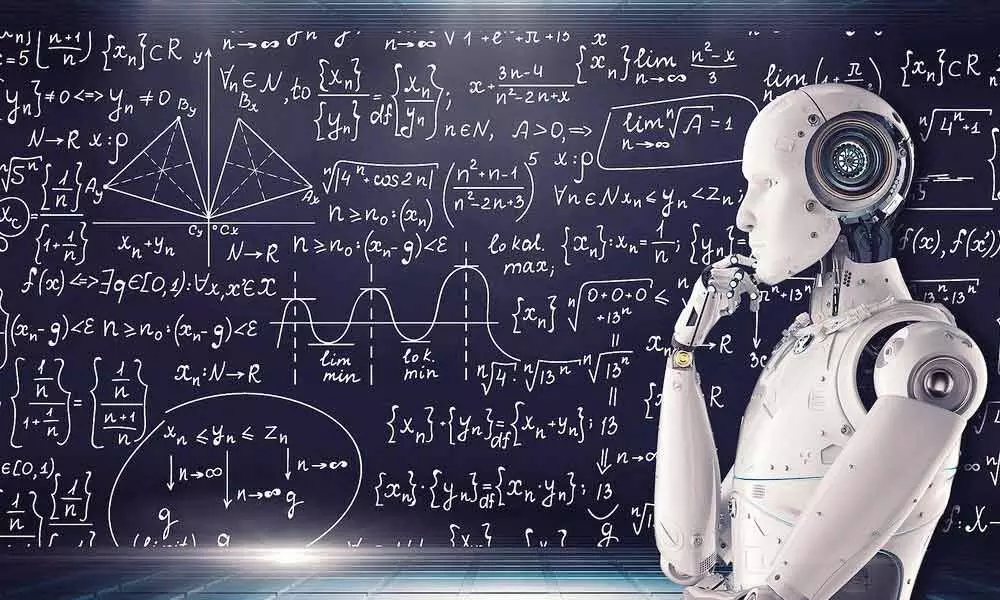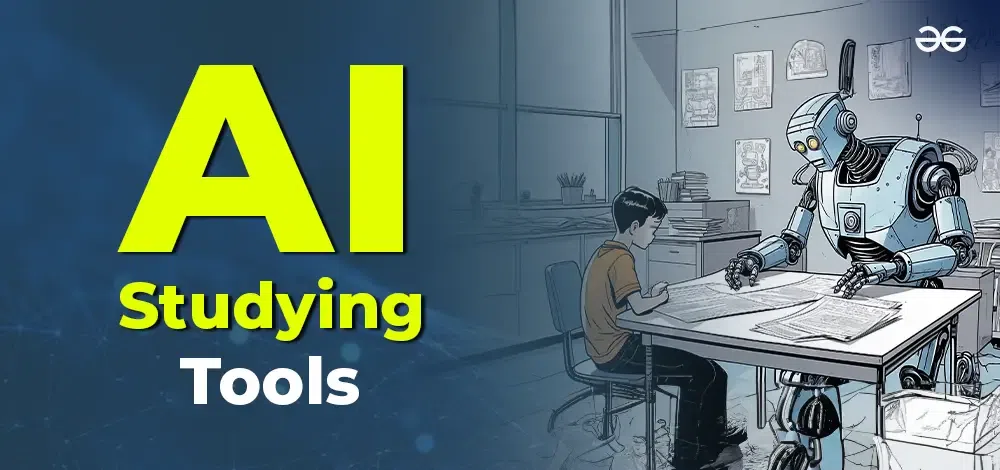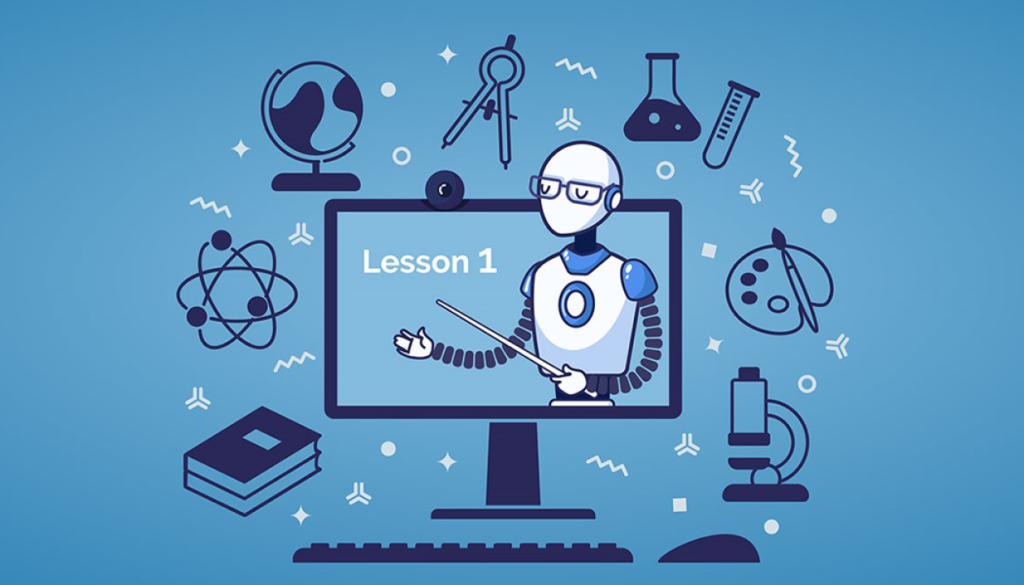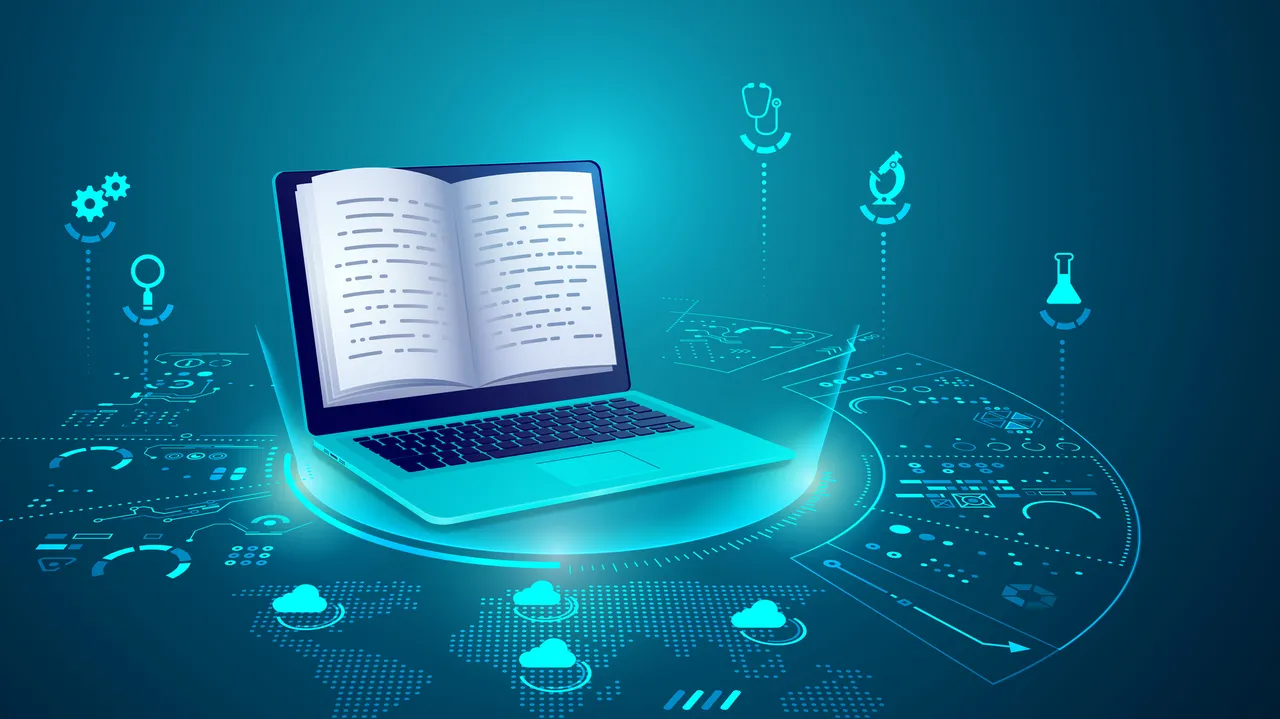Artificial Intelligence (AI) is revolutionizing industries, and higher education is no exception. Imagine having a personal tutor available 24/7, receiving instant feedback on assignments, or accessing customized learning materials tailored just for you. AI is making all this possible, transforming not only how students learn but also how institutions function. In this article, we’ll explore the profound impact of AI on higher education and what the future holds for this exciting integration.
Understanding AI in the Context of Education

Artificial Intelligence, often abbreviated as AI, refers to machines and systems that mimic human intelligence to perform tasks like problem-solving, decision-making, and natural language processing. In the context of education, AI plays a pivotal role in enhancing learning experiences, automating repetitive tasks, and providing data-driven insights.
Key Areas of AI Application in Higher Education
AI is influencing multiple facets of higher education, from learning personalization to streamlining administrative operations.
Personalized Learning: Tailoring Education
AI-powered adaptive learning platforms like Coursera and Khan Academy analyze a student’s strengths and weaknesses, adjusting content delivery accordingly. For instance, if a student struggles with calculus, the system provides extra resources and exercises to improve understanding.
Benefits of Personalized Learning:
- Students learn at their own pace.
- Increased retention of concepts.
- Reduced learning disparities.
Virtual Learning Assistants

Virtual assistants, such as chatbots and AI tutors, provide round-the-clock support to students. Tools like Duolingo’s AI-driven language learning assistant make mastering new languages more engaging and efficient.
Examples:
- ChatGPT for answering academic queries.
- SIRI-like bots that remind students of assignments and deadlines.
Simplifying Administrative Tasks with AI
AI is also making life easier for faculty and staff. Automated grading systems save hours of work by evaluating assignments and tests instantly. Additionally, AI-powered scheduling tools ensure efficient timetabling for classes and exams.
AI’s Role in Research and Development
AI’s capabilities extend beyond the classroom. Researchers use AI tools to analyze massive datasets, simulate experiments, and even generate insights faster than ever before. Collaboration platforms powered by AI are enabling academics from across the globe to work seamlessly.
Benefits of AI in Higher Education

Enhancing Access to Education
AI has broken many barriers in education. Text-to-speech tools, real-time translation software, and other AI-driven accessibility features have made learning more inclusive. Students with disabilities or non-native speakers now have tools tailored to their needs.
Boosting Academic Performance
AI tracks student performance and provides actionable insights for educators. Real-time analytics help professors identify struggling students and intervene early, ensuring no one is left behind.
Challenges and Ethical Concerns
With great power comes great responsibility. The rise of AI in education also brings challenges that need addressing.
Data Security in AI Systems
AI systems collect and store vast amounts of sensitive student data. Ensuring this data remains secure is critical to prevent breaches and misuse.
The Importance of Ethical AI
Bias in algorithms can lead to unfair advantages or disadvantages. Institutions must prioritize fairness and transparency to build trust among students and staff.
Future of AI in Higher Education
The future looks bright, with AI poised to play an even greater role in education.
The Changing Role of Educators
Contrary to fears, AI will not replace educators. Instead, it will empower them by automating repetitive tasks and providing deeper insights into student performance.
AI and the Workforce Connection
As industries embrace AI, higher education must prepare students for an AI-driven job market. This includes integrating AI-related courses into curricula and fostering digital literacy.
Conclusion
The impact of AI on higher education is undeniable. From personalizing learning to simplifying administration, AI is transforming how institutions operate and how students engage with knowledge. However, as we embrace these innovations, we must also tackle challenges like data security and ethical AI implementation. With the right balance, AI can truly revolutionize education for the better.
FAQs
- How does AI improve accessibility in education?
AI-powered tools like text-to-speech converters and translation apps make learning inclusive for students with diverse needs. - What are the top AI tools used in universities today?
Popular tools include Coursera’s adaptive learning system, IBM Watson for research, and Grammarly for writing assistance. - How can educators leverage AI without losing the human touch?
Educators can use AI to handle repetitive tasks while focusing on mentoring and interpersonal interactions. - Are there risks to relying heavily on AI in academics?
Yes, risks include privacy concerns, potential bias in algorithms, and over-reliance on technology. - What will AI in higher education look like in the next decade?
Expect advancements like immersive AI-driven virtual classrooms and greater integration of AI in curriculum design.



